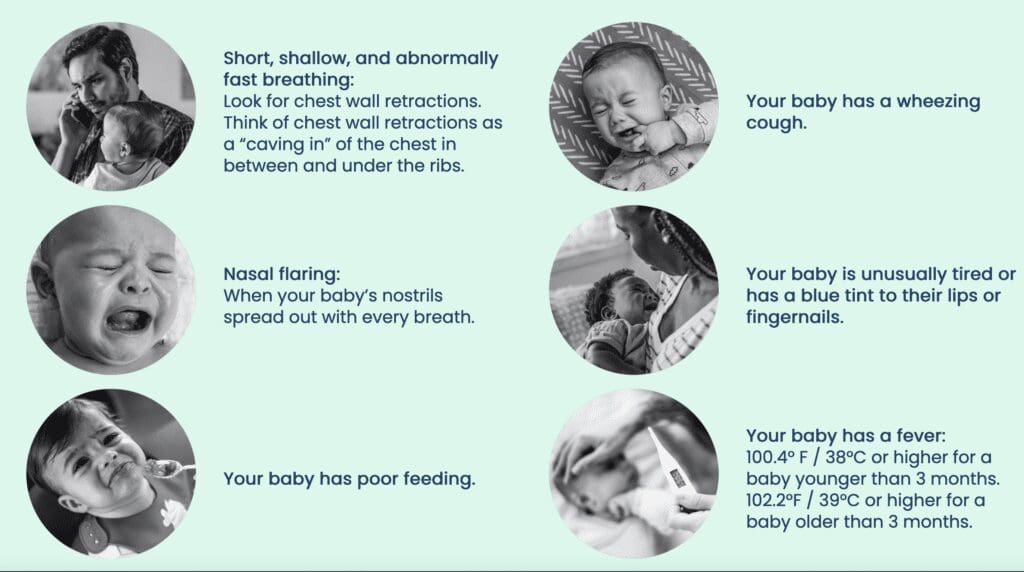Search Posts
Recent Posts
- Rhode Island Weekend Weather for April 20/21, 2024 – John Donnelly April 20, 2024
- Westerly to complete more resilient and people-friendly Main St. streetscape with $300K award April 20, 2024
- In the News… quick look for week ending April 20th April 20, 2024
- WaterFire scheduled announced for 2024 April 20, 2024
- Burn with Kearns: Ignite Your Transformation: Join the 90-Day Fitness Challenge! – Kevin Kearns April 20, 2024
Categories
Subscribe!
Thanks for subscribing! Please check your email for further instructions.

RSV posing challenge for babies, seniors, hospitals, and healthcare facilities
Hospitals in 32 states are reporting a swift rise in children with RSV. 75% of children’s hospitals report they are nearing being at capacity. Several times in the past two weeks there were zero pediatric ICU beds in the greater Rhode Island area. Notably, Tufts Children’s Hospital closed on July 1st, and that has impacted hospital bed availability and professionals in the field.
Some hospitals in the US are setting up tents in the parking lot – others are flying children to other hospitals, or going on diversion to other hospitals.
We have had at least 3 reports to children who had to leave Hasbro Children’s and be driven to Boston Children’s with hours’ wait. Pediatricians’ offices have full waiting rooms and many are screening for children who don’t need to come in for route treatment at this time.
With children somewhat quarantined for the past two years and school having started, immunity is not built up and cases are maximizing in the country, with older children getting it as well. It is felt that the over 2 aged children are getting sick because of the past 2 years of masking, distancing and ventilation – this will be their first exposure.
Doctors predict a rise in RSV, flu and COVID going into colder weather. RSV can be serious most often in young children and older adults. While there are vaccines for COVID and flu, there is not a vaccine,, though there are treatments for RSV.
Respiratory syncytial (sin-SISH-uhl) virus, or RSV, is a common respiratory virus that usually causes mild, cold-like symptoms. Most people recover in a week or two, but RSV can be serious, especially for infants and older adults. RSV is the most common cause of bronchiolitis (inflammation of the small airways in the lung) and pneumonia (infection of the lungs) in children younger than 1 year of age in the United States.
The CDC says that most people who get an RSV infection will have mild illness and will recover in a week or two. Some people, however, are more likely to develop severe RSV infection and may need to be hospitalized. Examples of severe infections include bronchiolitis (an inflammation of the small airways in the lung) and pneumonia. RSV can also make chronic health problems worse. For example, people with asthma may experience asthma attacks as a result of RSV infection, and people with congestive heart failure may experience more severe symptoms triggered by RSV.
Often these patients receive treatment with breathing assistance and/or the use of ventilators in the more serious cases.
There are over 58,000 children hospitalized each year with RSV, with the most at risk being the very young (under 2) and those with compromised immune systems.
Almost all children will get RSV by their 2nd birthday and in most children the case is mild, with a runny nose, loss of appetite, being lethargic – with trouble breathing being the most serious symptom to watch.
For adults, those with asthma, cardiovascular disease or other diseases, serious symptoms include difficulty breathing and pneumonia.
While RSV usually peaks in the winter, it is peaking earlier this year. In San Diego 1,000 children were sick with RSV on one day.
WHEN TO CONTACT A DOCTOR
If you notice any of the following in your baby, contact their doctor right away:

